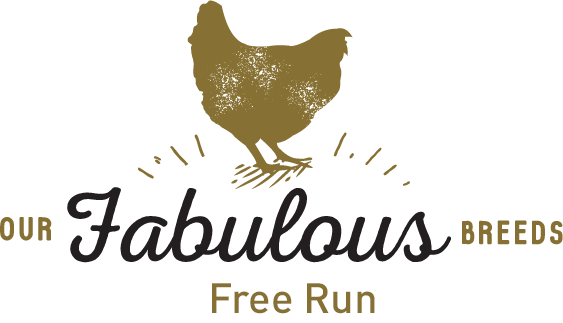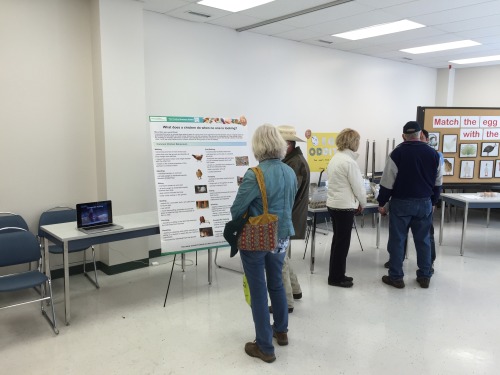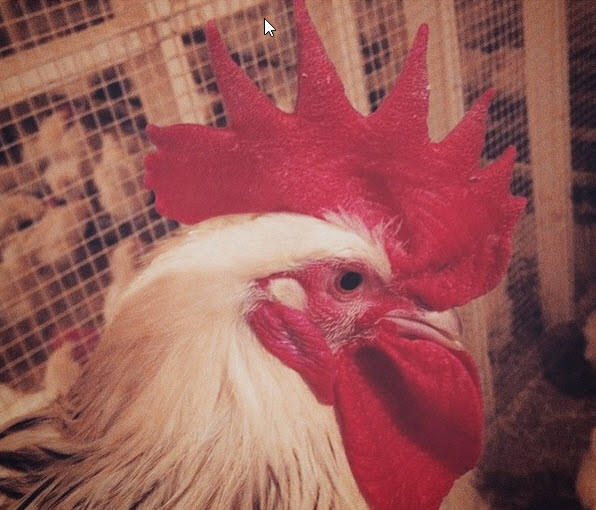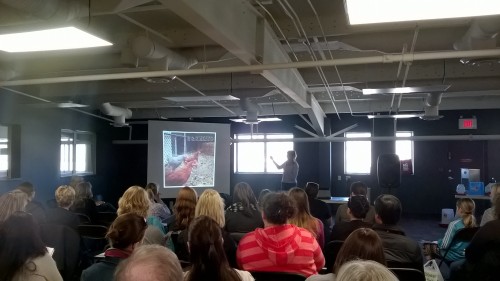
Hard-cooked eggs may be difficult to peel if they are very fresh. This is because an egg shrinks inside during storage, which pulls the inner membrane away from the inside of the shell. For this reason, a hard-cooked egg will peel more easily if it has been stored for one or two weeks before it is cooked. After boiling the eggs, crack the shell all over by tapping gently, then hold under running water to make peeling easier. Eggs may also be harder to peel if they are not cooked long enough. Hard cooked eggs should be kept refrigerated and used within one week








